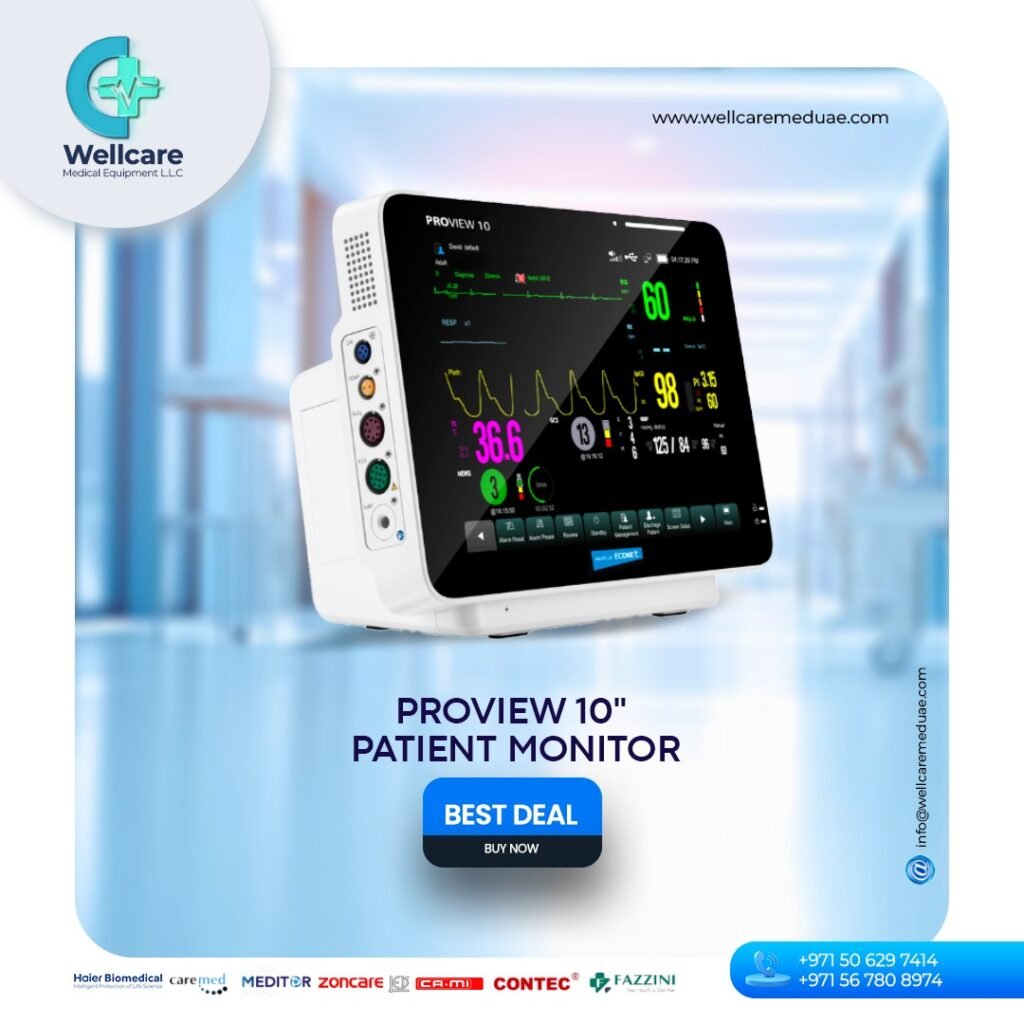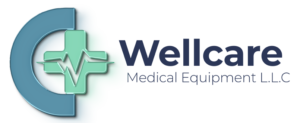Medical equipment in Nigeria is characterized by its diversity and critical importance in addressing the country's healthcare needs. The equipment ranges from basic hospital furniture and surgical instruments to advanced diagnostic tools such as MRI and CT scanners. Key suppliers like JNC International and Biomedical Limited provide high-quality products and comprehensive support services, including installation and maintenance. Regulatory oversight by NAFDAC ensures that all medical equipment meets safety and efficacy standards. Despite facing challenges such as limited financing and infrastructure, the sector is poised for growth, driven by government initiatives, technological advancements, and increasing investments in healthcare infrastructure. This diverse and essential array of medical equipment is fundamental to improving healthcare delivery and patient outcomes across Nigeria.

Medical equipment in Nigeria spans a wide range of specialties, catering to various healthcare needs. Here are some key areas and the types of equipment associated with each:
1. Diagnostic Imaging
- X-ray Machines: Used for general imaging to diagnose fractures, infections, and other conditions.
- MRI Scanners: Provide detailed images of organs and tissues for diagnosing a wide range of conditions, including tumors and neurological disorders.
- CT Scanners: Used for detailed cross-sectional imaging of bones, blood vessels, and soft tissues.
2. Laboratory Equipment
- Hematology Analyzers: Essential for analyzing blood samples, used in diagnosing blood disorders.
- Biochemistry Analyzers: Used for assessing chemical components in blood and other body fluids.
- Microbiology Equipment: Includes incubators and autoclaves for culturing and sterilizing samples.
3. Surgical Instruments
- Scalpels and Forceps: Basic tools for various surgical procedures.
- Endoscopy Equipment: Used for minimally invasive surgeries to view the inside of organs.
- Surgical Lasers: Employed in precise surgeries, reducing recovery time and complications.
4. Critical Care Equipment
- Ventilators: Essential for patients with respiratory difficulties.
- Defibrillators: Used in emergencies to restore normal heart rhythm.
- Patient Monitors: Track vital signs such as heart rate, blood pressure, and oxygen levels.
5. Therapeutic Equipment
- Dialysis Machines: Used for patients with kidney failure to filter waste from the blood.
- Physiotherapy Equipment: Includes ultrasound machines, exercise equipment, and TENS units for rehabilitation.
- Infusion Pumps: Provide precise delivery of medications and fluids to patients.
6. Hospital Furniture
- Hospital Beds: Adjustable beds for patient comfort and care.
- Examination Tables: Used during patient examinations and minor procedures.
- Wheelchairs and Stretchers: Essential for patient mobility and transportation.
7. Personal Protective Equipment (PPE)
- Masks and Gloves: Vital for infection control.
- Face Shields and Gowns: Provide additional protection for healthcare workers.
- Sanitizers and Disinfectants: Essential for maintaining hygiene in healthcare settings.
8. Home Healthcare Equipment
- Blood Pressure Monitors: Used by patients to monitor their blood pressure at home.
- Glucometers: For diabetes patients to monitor blood sugar levels.
- Oxygen Concentrators: Provide supplemental oxygen for patients with respiratory issues.
Specialty Areas
Cardiology:
- Electrocardiographs (ECG): Record the electrical activity of the heart.
- Echocardiography Machines: Use ultrasound to visualize the heart.
Oncology:
- Radiotherapy Equipment: Used for cancer treatment by targeting tumors with radiation.
- Chemotherapy Infusion Systems: Deliver chemotherapy drugs to patients.
Neonatal and Pediatric Care:
- Incubators: Provide controlled environments for premature babies.
- Phototherapy Units: Treat jaundice in newborns.
Orthopedics:
- Orthopedic Implants: Used in joint replacement and fracture repair.
- Traction Equipment: Helps in the treatment of musculoskeletal conditions.
The diverse range of medical equipment across these specialties is critical for improving healthcare delivery and patient outcomes in Nigeria. Access to advanced medical technologies and proper maintenance and training are essential for the effective use of these tools.
What products does Well Care offer as a medical equipment supplier in Nigeria?
Well Care provides a wide range of medical devices, instruments, and healthcare equipment, making it a trusted medical equipment supplier in Nigeria for hospitals, clinics, and laboratories.




